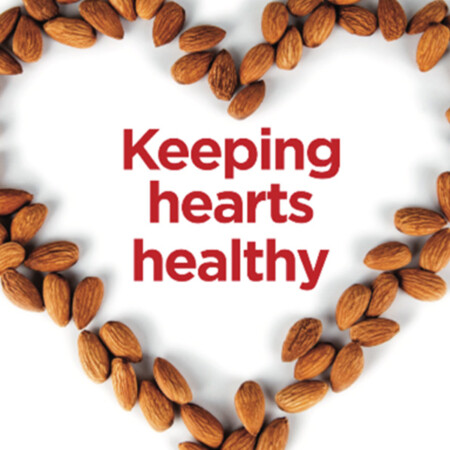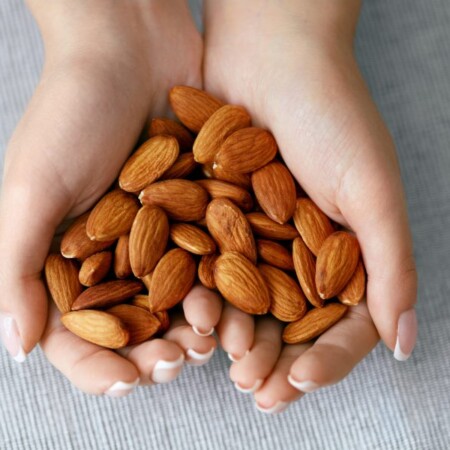World Bee Day
The honey bee industry is vital for almond sustainability and it is in the best interests of Australia’s almond growers to look after the bees to maximise pollination and the crop for the year to come.

The honey bee industry is vital for almond sustainability and it is in the best interests of Australia’s almond growers to look after the bees to maximise pollination and the crop for the year to come.
Approximately 65 per cent of Australian agricultural production relies on pollination by honey bees, and 35 industries depend on the pollination services for the majority of their production. These industries include almonds, avocados, apples, pears and cherries. Bees are used to pollinate almonds for approximately six weeks during July and August each year.
Almond growers manage their orchards to make it a safe place for bees. Hives are managed by beekeepers to ensure strong and healthy hives are brought onto the properties. Hives are introduced and removed in stages to match the pollination viability of flowers with sufficient nectar, or food source available for all hives. Growers are increasingly planting and maintaining native vegetation to provide a diversity of pollen to the bees during their time in orchards. Growers also provide a water source throughout the orchard for bees to drink.
It should be noted that the large death rates from chemical use overseas has not been seen in Australia largely because the chemicals of concern to bees overseas are not registered for use, or used in a different formulation, in Australia.
More bee friendly flowering cover crops are being planted in and around almond orchards, which provides a good nectar source and a diverse diet for improved bee health encouraging bees to forage longer, and improves pollination results.
Peter McDonald, the former Chair of the Australian Honey Bee Industry Council and a family bee keeper has this to say about participating in almond pollination:
“Our family business has been providing professional almond pollination services for approximately 35 years. In all that time, we have never had a bad experience for our honey bees from almonds. The bees have always come away from the pollination period of August in better health and condition that when they went there. We believe this is because of a couple of reasons, the Almond pollen is high in nutrition and there is a large quantity of pollen on offer. We have also been pleased to witness directly the continued development of the almond industry and the constant drive to implement best practice in all facets of producing a crop. This includes items important to healthy hives such chemical usage regimes, provision of additional floral sources and water. The pollination period of August, the last month of winter, is critical in an expanding beehive to provide healthy young bees who can take the hive forward through its natural expansion period of spring. An early start sets up the hive and the beekeeper for the opportunity to capitalise on future floral events. We see no downside to us undertaking almond pollination and it will continue to be a regular and important part of our beekeeping calendar.”
The Almond industry partners with the honeybee industry to maximise bee health in almond production to support a safe and sustainable future of both industries.
The ABA is a member of the Australia Honey Bee Industry Council (AHBIC) and supports the national organization by providing advice to state and federal governments on issues affecting the honey bee industry, in particular harmonising cross-border access, and expanding native floral resource access on public land and parks, a significant concern after the 2019/20 bush fires which destroyed hives and hive health across Australia.
The Australian almond industry is funding bee researchers through almond grower levy’s together with commonwealth government to support Australian beekeepers’ knowledge and biosecurity programs to prevent exotic pests and diseases entering Australia that have the potential to decimate bee numbers.
The Almond industry demonstrated its commitment toward maintaining a robust honey bee industry by securing grower support for a levy to raise $317,400 and refund its share of the $2.5million Australian government’s biosecurity response to Varroa destructor incursion in June 2017.
We have established a dedicated ABA Pollination committee with representation from apiarists, government agencies and growers, to improve consultation and deal more broadly with pollination security, and issues impacting the quantum, quality and cost of pollination services.
This committee actively promotes honey bee and pollination R&D through presentations to the honey bee congress and regional apiarist associations, regional grower forums, targeted specialist guest presentations and media articles, which increases grower awareness about strategies to maintain healthy hives on-farm and new honey bee pest and disease monitoring technology.


